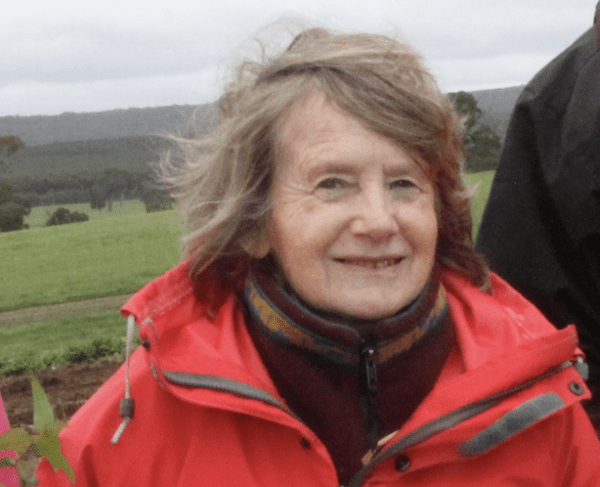Saturday 15 October 2022
by Patricia Armstrong, ESRAG Chair 2022-23
As I write this article, thousands of Australians are reeling from devastating floods that have hit the south-eastern part of my country, with further heavy rain and flooding expected next week. This is the third devastating flood in New South Wales this year, with record-breaking rainfall adding to ground already saturated with water.
The causes behind these heavy rains and floods are complex. Australia is in the midst of a La Niña phenomenon, which brings unusually wet weather. This phenomenon has been compounded by the alignment of three other natural phenomena, which individually can bring wet weather, but, when occurring at the same time, bring extraordinary rainfalls such as those experienced in parts of the country over the past week. These include a negative Indian Ocean Dipole, a positive Southern Annular Mode and the Madden-Julian Oscillation (MJO) here. The combination of these four naturally occurring phenomena, combined with increasing global temperatures brought about by climate change, was the recipe for the disaster that took place in parts of our country over the past week.
As with many countries across the world, Australia has recently experienced an unprecedented frequency of extreme events, such as floods and bushfires, in particular the horrific bushfires of 2019-2020 which burnt out 18.6 million hectares of forest. The IPCC Sixth Assessment Report warns that human-induced climate change is contributing to extreme events which are becoming more frequent and intense and causing “widespread adverse impacts and related losses and damages to nature and people, beyond natural climate variability” here.
Rotarians, as respected members in the local and regional communities, are in a strong position to take leadership in addressing climate change. Read more to see how Rotary International and ESRAG can help you do that.
Consistent with the types of climate actions that The Rotary Foundation (TRF) has chosen to fund through its Global Grants, ESRAG supports Rotarians’ engagement to reduce greenhouse gas emissions (mitigation), help communities build resilience and adapt to adverse climate impacts for which mitigation is not enough, and to address the loss and damage caused by increasingly frequent and severe extreme weather events intensified by climate change.
The 2022 United Nations Climate Change Conference, known as COP27, will take place on 6-18 November 2022 in Sharm El Sheikh, Egypt. ESRAG Immediate Past Chair, Dr Christopher Puttock, will join a Rotary delegation at this conference. Other Rotarians in the delegation include RI President Jennifer Jones, Judith Diment (Dean of Rotary Representatives to the UN and other International agencies and Representative to the Commonwealth), Keith Madden (TRF Manager for Environment) and PDG Mohamed Delawar. Dr Puttock will provide updates from COP 27 via a blog on the ESRAG website.
What else is ESRAG doing to support Rotarians, their clubs and districts? We are developing an ESRAG Climate Action Policy, we have climate solutions resources here, together with a number of very active Climate Taskforces (e.g. Renewable Energy) here and Climate Initiatives (e.g. Climate Action Roadmap) here. Why not join one of these groups to learn, contribute and work with like-minded people coming up with practical solutions to address climate change.
